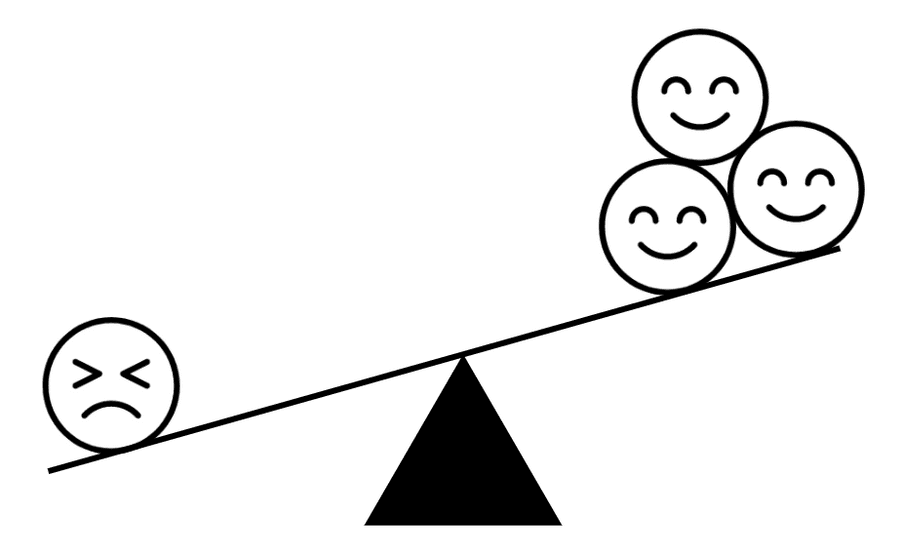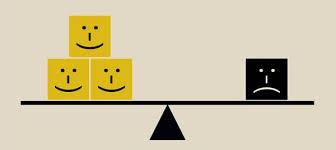Signs of the negativity bias
- Negative experiences constantly cross your mind more than positive ones.
- You tend to relive insults more than praise.
- You're able to recall traumatic situations better than positive events.
211
945 reads
CURATED FROM
IDEAS CURATED BY
Never stop learning. Never stop educating yourself. When you stop learning, you stop growing & maturing!
The idea is part of this collection:
Learn more about personaldevelopment with this collection
How to communicate effectively with difficult people
How to handle conflict
How to stay calm under pressure
Related collections
Similar ideas to Signs of the negativity bias
The negativity bias
The negativity bias happens when a person dwells on a negative event for a long period of time.
We tend to register negative stimuli every time we go through displeasing situations. This is because negative events have a bigger impact than those of positive ones on...
16. Negativity Bias:
We pay more attention to and remember negative experiences or information more than positive ones. If you receive numerous compliments and one criticism, you're likely to dwell on the criticism.
The Negativity Bias
... or the Negativity Effect is a tendency most of us have to respond more strongly to negative events and emotions than to positive ones.
Any further action that is provoked due to the negative judgement can lead to a downward spiral in our communication. O...
Read & Learn
20x Faster
without
deepstash
with
deepstash
with
deepstash
Personalized microlearning
—
100+ Learning Journeys
—
Access to 200,000+ ideas
—
Access to the mobile app
—
Unlimited idea saving
—
—
Unlimited history
—
—
Unlimited listening to ideas
—
—
Downloading & offline access
—
—
Supercharge your mind with one idea per day
Enter your email and spend 1 minute every day to learn something new.
I agree to receive email updates


